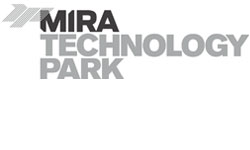This article explores the two main types of AI models available to businesses: Generalist and Specialist.
Generalist models like ChatGPT, Gemini, and Claude are versatile, capable of adapting to a wide range of tasks, while Specialist AI tools are tailored for specific functions, such as customer service or data analysis.
Both bring unique benefits but also limitations, especially when relying on open-source data that can sometimes be inaccurate or outdated.
To illustrate this point, we can refer to a recent investigation carried out by GWCI where we assisted a client who were conducting a background check on a business partner.
During this process, the automated AI platform the client was using flagged one of the client’s partners’ employees with a Politically Exposed Person (PEP) hit. On closer inspection, however, GWCI’s additional research and detailed analysis revealed that the flagged individual was not, in fact, the same person associated with the partner company.
Without GWCI’s intervention, the client might have made the costly decision to walk away from a valuable partnership due to a mistaken identity. Thanks to this careful verification process, the client was able to proceed with confidence, reassured that they were making an informed and accurate decision.
While AI can drive efficiency, innovation, and progress in fields like healthcare, finance, and transportation, it can also be misused or lead to ethical and privacy concerns, such as biased systems, surveillance, and job displacement.
For businesses aiming to manage risks effectively, especially in partner assessments, the expertise of specialists and legal consultants can make all the difference in making informed, reliable decisions.
At GWCI, we help companies mitigate and manage business risks by carrying out effective and comprehensive research and analysis. We provide the level of expertise, thoroughness, and reliability that is required to ensure that clients have a complete understanding of risks.


























